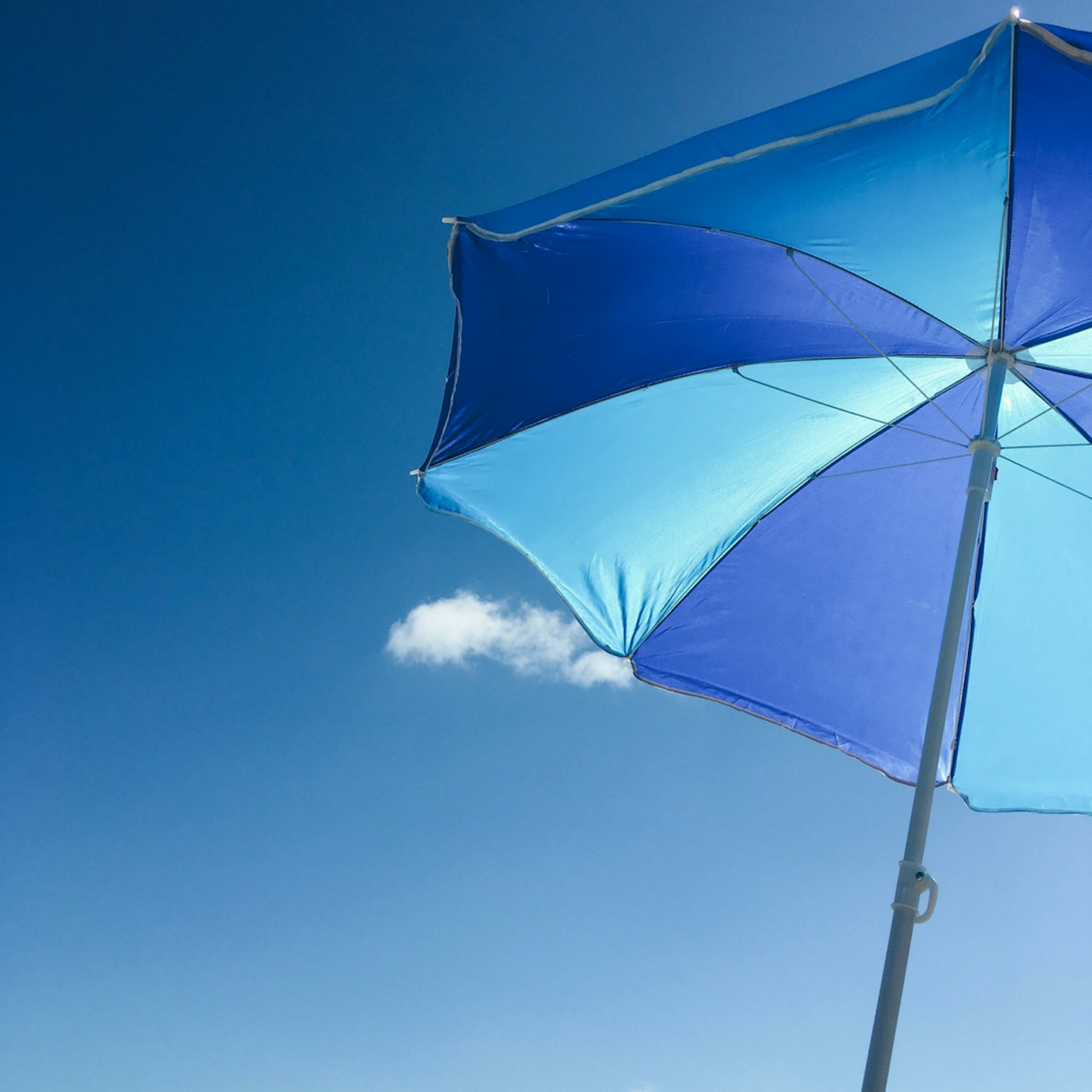#Be_a_man the Hashtag That Triggered Gender Rights Twitter Wars in Morocco
by Amaliah Team in World on 9th August, 2018

A hashtag was started by one Moroccan male social media user, recently during the heatwave in Morocco calling all other men to ‘be a man’ and ensure their wives, sisters, daughters cover up, as many women dressed in bikinis on the beach. The sexist rhetoric went viral, encouraging men to dictate how women should dress. Only for the hashtag to be turned on its head when one male user, @AEnhalililook called on other men ‘to be a man’ by stopping violence against women. This triggered the social media wars in Morocco as the hashtag was once more revised, calling on women to hold on to their freedoms. Another hashtag #be_a_free_woman emerged where users urged other women, “don’t let other people tell you what to wear or not to who you have to be or not to #Morocco #wakeup.” According to news channel TRT World, social media users were vehemently against the original hashtag which alluded to the fact that manhood was being defined in the context of how they can control women. Many female activists in Morocco, mobilised to create some sort of action, a petition was filed and signed calling on the Morrocan government to do something to stop the hashtag that was working to incite more violence and control against women in the region.
One activist stated,”The body of women in the public space seems to be disturbing more and more Moroccan men, some of whom allow themselves, with impunity, to ‘overplay’ a unacceptable role of moral police in the our country.”
In just 2018, Morocco passed a law which will hold perpetrators of violence against women accountable. Law no. 103-13 on combating violence against women. This was presented by Morocco’s government, bill number 103-13 on March 17, 2016, to the House of Representatives (first Parliamentary chamber). Many activists in Morocco were largely dissatisfied with the law since it appears to cater to the rights of women, however, many loopholes can be found within it, such as the justification of marital rape, which many have argued, lacks sincerity.
The law itself by definition relays accountability will be expected for,“any act based on gender discrimination that entails physical, psychological, sexual, or economic harm to a woman.” However, the definition of domestic violence is largely still ambiguous, failing to explicitly criminalize marital rape.
According to Human Rights Watch, the law will increase penalties for forms of violence, and sexual violence in the penal code, when the acts occur within a family, new crimes include:
- Forced marriage.
- Squandering money or property to circumvent payment of maintenance for divorce.
- Expelling or preventing a spouse from returning home.
- Sexual harassment in public & cyberspaces.
#Be_a_man: A hashtag urging men to restrict what their wives and sisters wear in summer has been trending in Morocco for weeks. But its promoters didn’t expect it to be turned against them pic.twitter.com/7z2v1hOszo
— TRT World (@trtworld) August 8, 2018
https://twitter.com/LunaPiena111/status/988033233035104256
Why is it so hard to be a good man. A godly man, expecally when outside forces or stresses dictate what and how we’re supposed to act in certain situations. There is a shortage in today’s society of real men. We live in a nation where boys raise boys.#be_a_man
— actual_father (@george63225052) July 18, 2018
https://twitter.com/hyungwaun/status/1020068569504256000
We want to hear from you. Let us know what you thin, if you happen to know anyone who has been directly affected by the law, send us a pitch contribute@amaliah.com.
Amaliah Team
This article was written by a member of the Amaliah team or a collective team effort. You can follow us on @amaliah_tweets for the latest or head over to our Instagram @amaliah_com. If you're reading this and are thinking about contributing an article then send us an email with a brief or a full article to contribute@amaliah.com